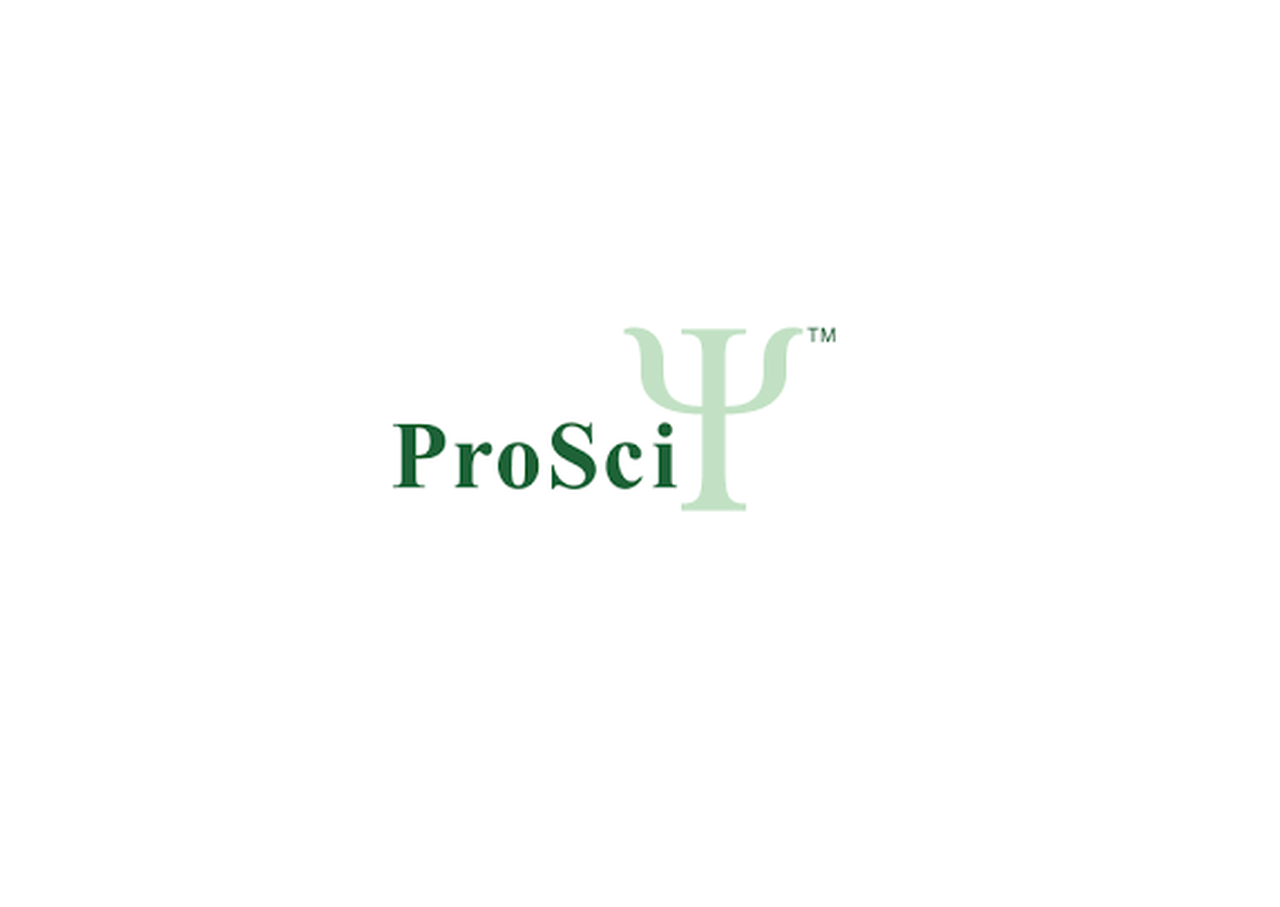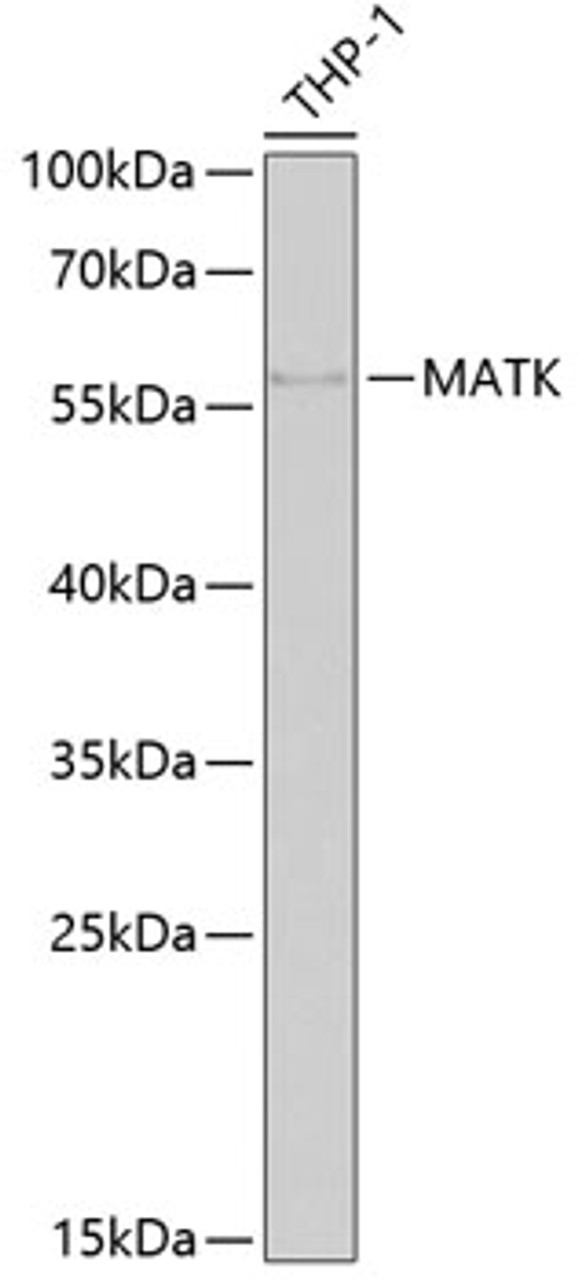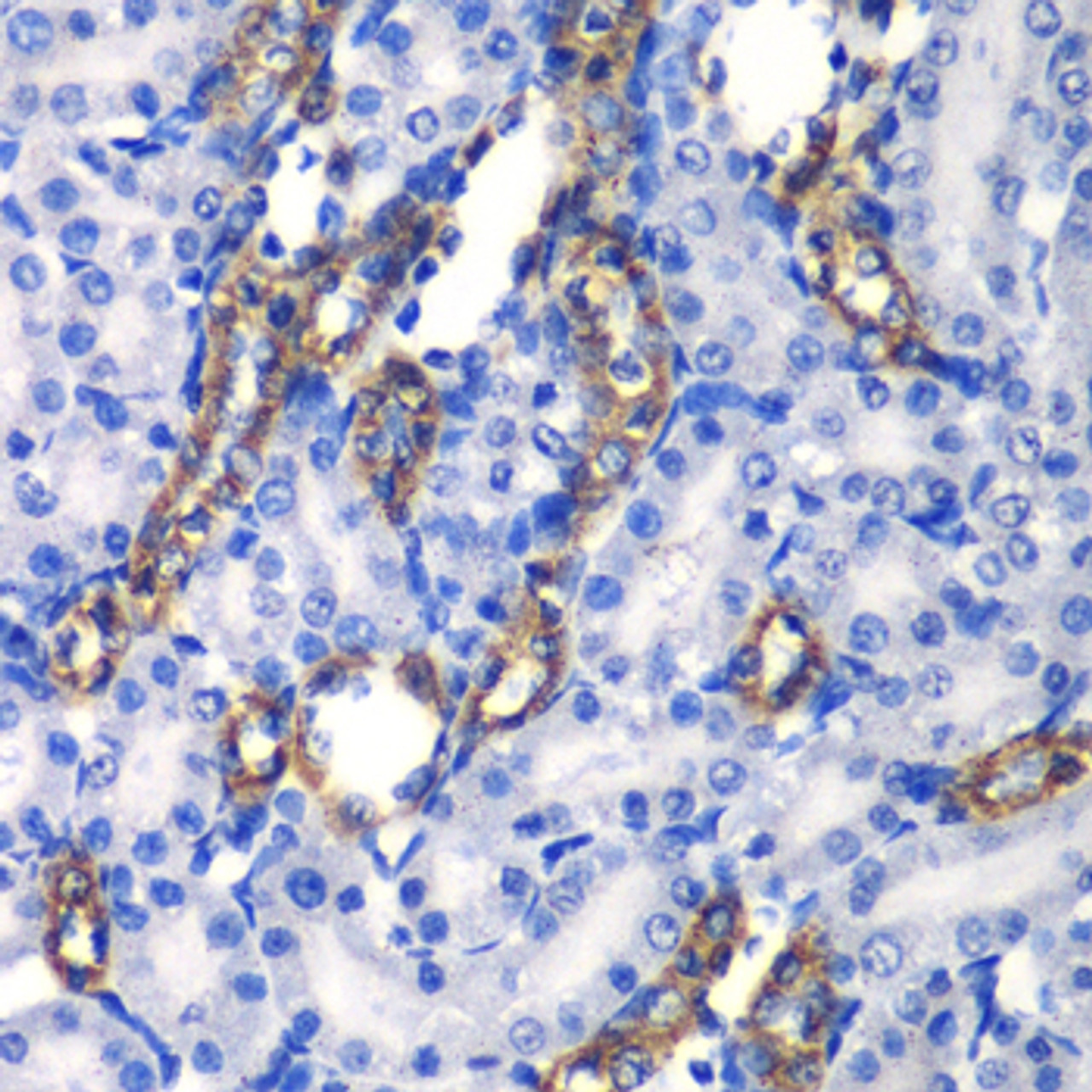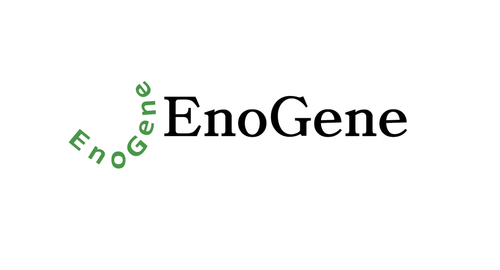Product Description
MATK Antibody | 22-380 | ProSci
Host: Rabbit
Reactivity: Human, Mouse, Rat
Homology: N/A
Immunogen: Recombinant fusion protein containing a sequence corresponding to amino acids 352-466 of human MATK (NP_647611.1) .
Research Area: Cancer, Cell Cycle, Signal Transduction
Tested Application: WB, IHC
Application: WB: 1:500 - 1:2000
IHC: 1:50 - 1:200
Specificiy: N/A
Positive Control 1: THP-1
Positive Control 2: N/A
Positive Control 3: N/A
Positive Control 4: N/A
Positive Control 5: N/A
Positive Control 6: N/A
Molecular Weight: Observed: 56kDa
Validation: N/A
Isoform: N/A
Purification: Affinity purification
Clonality: Polyclonal
Clone: N/A
Isotype: IgG
Conjugate: Unconjugated
Physical State: Liquid
Buffer: PBS with 0.02% sodium azide, 50% glycerol, pH7.3.
Concentration: N/A
Storage Condition: Store at -20˚C. Avoid freeze / thaw cycles.
Alternate Name: CHK, CTK, HHYLTK, HYL, HYLTK, Lsk, megakaryocyte-associated tyrosine-protein kinase, CSK homologous kinase, Csk-homologous kinase, Csk-type protein tyrosine kinase, HYL tyrosine kinase, hematopoietic consensus tyrosine-lacking kinase, hydroxyaryl-protein kinase, leukocyte carboxyl-terminal src kinase related, protein kinase HYL, tyrosine kinase MATK, tyrosine-protein kinase CTK, tyrosylprotein kinase
User Note: Optimal dilutions for each application to be determined by the researcher.
BACKGROUND: The protein encoded by this gene has amino acid sequence similarity to Csk tyrosine kinase and has the structural features of the CSK subfamily: SRC homology SH2 and SH3 domains, a catalytic domain, a unique N terminus, lack of myristylation signals, lack of a negative regulatory phosphorylation site, and lack of an autophosphorylation site. This protein is thought to play a significant role in the signal transduction of hematopoietic cells. It is able to phosphorylate and inactivate Src family kinases, and may play an inhibitory role in the control of T-cell proliferation. This protein might be involved in signaling in some cases of breast cancer. Three alternatively spliced transcript variants that encode different isoforms have been described for this gene.
 Euro
Euro
 USD
USD
 British Pound
British Pound
 NULL
NULL












